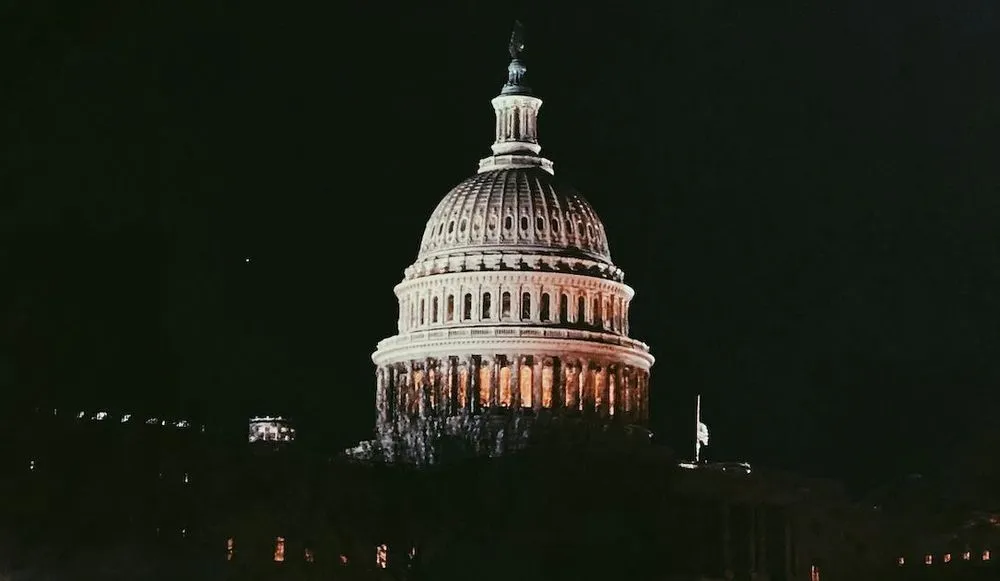Full renewal of state and local cyber grants program passes in House
The House easily approved legislation on Monday to renew a grant program meant to help state and local governments strengthen their digital defenses.
Members passed the Protecting Information by Local Leaders for Agency Resilience Act, or the PILLAR Act, by voice vote. The measure would reauthorize the State and Local Cybersecurity Grant Program for 10 years.
The effort, which lapsed on September 30, has provided $1 billion to local governments to improve their cybersecurity.
A brief extension was included in the government funding stopgap measure President Donald Trump signed last week, but policymakers have sought a long-term solution, especially since the House Homeland Security Committee advanced the renewal in September.
Rep. Andy Ogles (R-TN), who introduced the bill, said in a statement that it “passed with strong support because cybersecurity is national security.”
“This legislation puts America First by giving our states, counties, and small towns the tools they need to combat foreign cyber adversaries.”
Local governments are on the "frontlines" of cybersecurity, said Matthew Chase, executive director of the National Association of Counties, in a statement released by the Homeland Security Committee.
"As costs for cybersecurity needs continue to rise, prioritizing federal investments in the cybersecurity of local government systems will help prevent malicious attacks on our critical infrastructure," Chase said.
Lawmakers also voted 402-8 in favor of the Strengthening Cyber Resilience Against State-Sponsored Threats Act.
The legislation would establish an interagency task force, led by the FBI and the Cybersecurity and Infrastructure Security Agency, focused on countering Chinese state-sponsored cyber threats.
“Now more than ever, it’s critical for the federal government to take a proactive, whole-of-government approach to countering escalating cyber threats from the Chinese Communist Party,” House Homeland Chair Andrew Garbarino (R-NY), said in a statement.
Martin Matishak
is the senior cybersecurity reporter for The Record. Prior to joining Recorded Future News in 2021, he spent more than five years at Politico, where he covered digital and national security developments across Capitol Hill, the Pentagon and the U.S. intelligence community. He previously was a reporter at The Hill, National Journal Group and Inside Washington Publishers.



